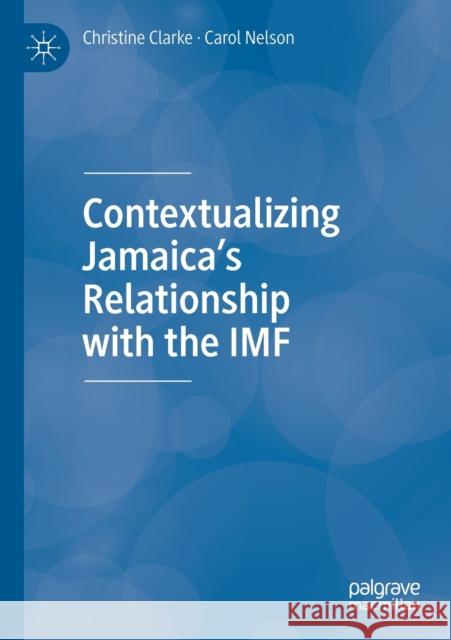Contextualizing Jamaica's Relationship with the IMF » książka
topmenu
Contextualizing Jamaica's Relationship with the IMF
ISBN-13: 9783030446659 / Angielski / Miękka / 2021 / 342 str.
Contextualizing Jamaica's Relationship with the IMF
ISBN-13: 9783030446659 / Angielski / Miękka / 2021 / 342 str.
cena 202,19
(netto: 192,56 VAT: 5%)
Najniższa cena z 30 dni: 192,74
(netto: 192,56 VAT: 5%)
Najniższa cena z 30 dni: 192,74
Termin realizacji zamówienia:
ok. 16-18 dni roboczych.
ok. 16-18 dni roboczych.
Darmowa dostawa!
Kategorie:
Kategorie BISAC:
Wydawca:
Springer Nature Switzerland AG
Język:
Angielski
ISBN-13:
9783030446659
Rok wydania:
2021
Ilość stron:
342
Waga:
0.45 kg
Wymiary:
21.01 x 14.81 x 1.93
Oprawa:
Miękka
Wolumenów:
01
Dodatkowe informacje:
Wydanie ilustrowane











